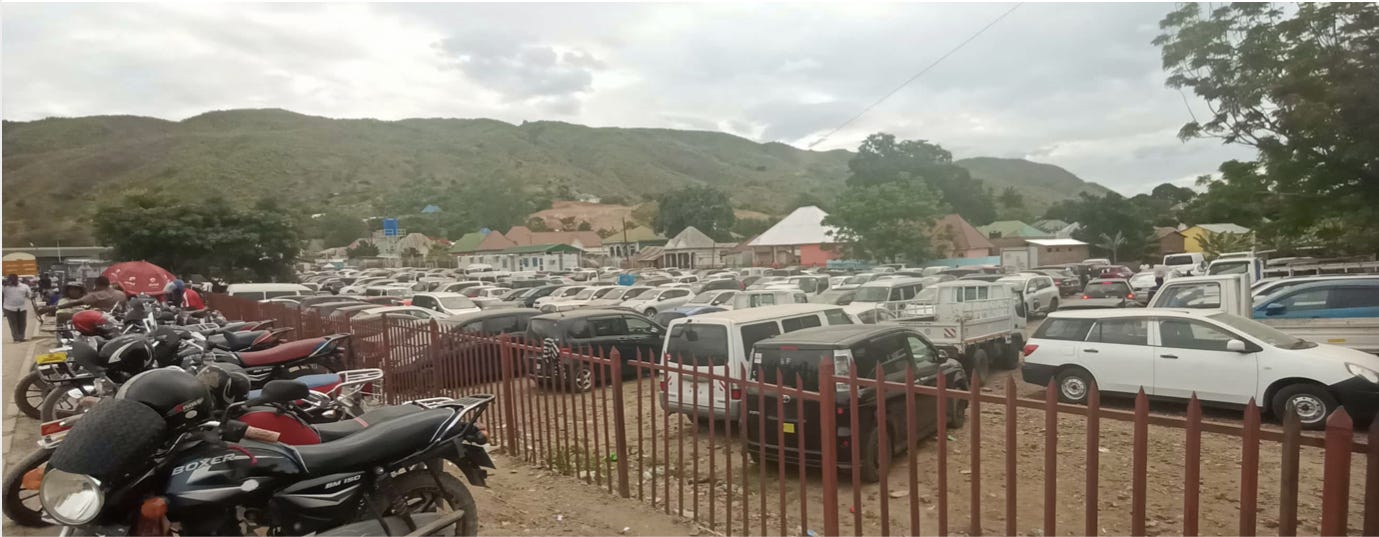TOUGH TIMES - Traders express worry about hostile economic landscape
Malawian cross-border traders and small to medium enterprises decry the challenging economic environment due to fluctuating exchange rates against major currencies, significantly impacting importation

SONGWE, Malawi (Planet Defence) - The economic landscape for businesses, particularly for cross-border traders and Small and Medium Enterprises (SMEs) operating, is presently challenging writes a Planet Defence Correspondent in Karonga.
The Reserve Bank of Malawi attributed the 44 percent devaluation to its assessment of the Kwacha, identifying persistent supply-demand imbalances in the market despite rate adjustments via the auction system.
“The market is witnessing arbitrage opportunities due to disparities in exchange rates between the cash and telegraphic transfer markets. Our assessments indicate that import bills are being settled at this rate,” stated the central bank in a release signed by Governor, Wilson Banda.
The scarcity of foreign exchange has significantly reduced import volumes. This presents a challenge for the tax collecting body, struggling to meet its targets, as noted by a market analyst at Songwe border post, closely monitoring the situation following the recent Kwacha devaluation.
“As a result, the entry port is experiencing congestion due to the recent devaluation, leading to parked imported vehicles at the tax collector's yard at Songwe border,” explained the analyst during an interview with Planet Defence.
The current economic conditions are exceedingly challenging for SMEs, prompting many to consider using alternative, unofficial routes.
Economist Betchani Tchereni from Malawi University of Business and Applied Sciences acknowledged that despite potential price hikes, the decision ensures macro-economic stability.
“It's a necessary measure. Achieving macro-economic stability is crucial for economic growth. This move will contribute to that stability. Undoubtedly, there will be repercussions, such as rising prices, but it will aid in regulating the market, aligning the official rate closer to the black market rate,” Tchereni told the media immediately after devaluation.


